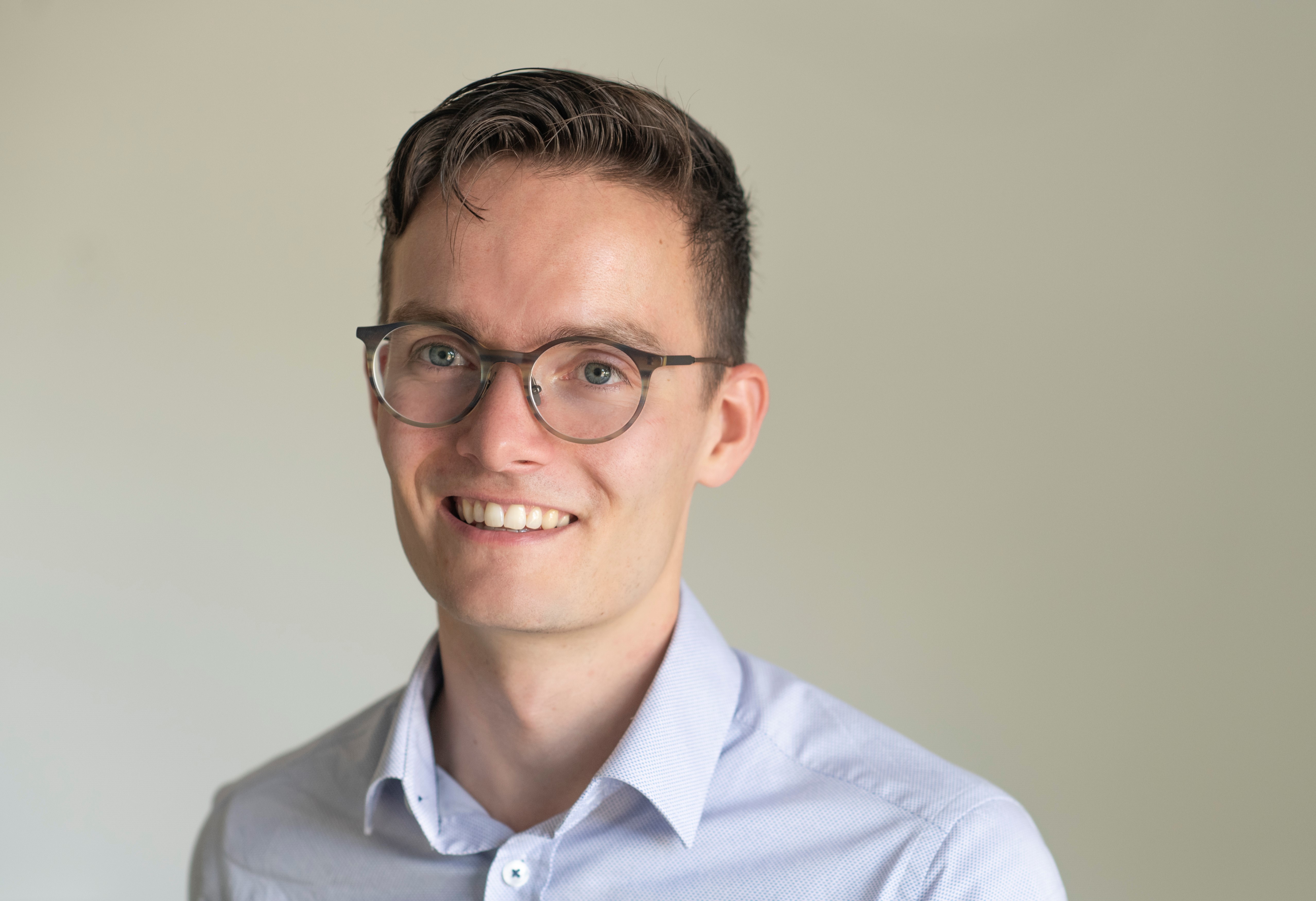
The sixth and final episode of the OMNI sustainability series of online workshops, hosted by academic, consultant and trainer Johan de Kam took place on the 18th January 2023. It was attended by OMNI and FIDI members.
Johan presented the workshop in two parts: firstly recapping the previous five events held throughout 2022; then focussing on different types of partnerships for sustainability. This completed his coverage of a wide range of sustainable development goals to help guide companies as they flex into more environmentally responsible ways of working.
During the workshop, Johan used breakout rooms to develop ideas and encourage active participation. As a first question he asked participants to make a list of what it takes for household goods to be moved in a sustainable way. These included a broad reach of issues such as: circular packing materials, minimising waste, welfare of staff, gender equality, carbon offsetting, energy consumption, alternative fuels and education.
Johan pointed out the importance of a holistic approach to sustainability saying that there are no such things as sustainable companies, just a sustainable business environment to which we all contribute. By illustration he said that if one company were ‘sustainable’, but had patented all its sustainable practices so no other company could use them, it might make commercial sense but the exercise would be environmentally futile. He added that sustainability goals are broad-based and entwined, that they challenge inequalities and that sustainability requires better evaluation of the choices we make in business.
He proceeded to provide a whistle-stop run though the previous five workshops. He discussed: sustainable business strategy; developing zero-waste moving companies; gender equality; recruitment of talent; greenhouse gas emissions; carbon reduction; and developing sustainability cultures within companies. He then explored some of the changes expected both at a company and industry level over the next 10 years as the industry moves towards greater sustainability.
The main topic for the final session was to look at the different types of partnerships for sustainability. These included partnerships both internally and externally and could include pre-competitive partnerships for the benefit of the whole industry. He discussed the prospect of public-private partnerships, for example with universities, to drive innovation; and introduced Stephanie De La Hoz, Director of Programming for Move for Hunger, who explained how moving companies can get involved in helping to alleviate food poverty by partnering with her company.
The workshop closed by highlighting how it’s possible to drive sustainability at different levels, the roles involved in the process, and how companies can work with clients and suppliers to ensure that work is carried out in a sustainable way.
This was the last in the series of OMNI sustainability workshops. As always it was open both to OMNI and FIDI members acknowledging the need, as clearly demonstrated by Johan, for sustainability to be approached from an industry, rather than organisational, perspective.
Photo: Johan de Kam